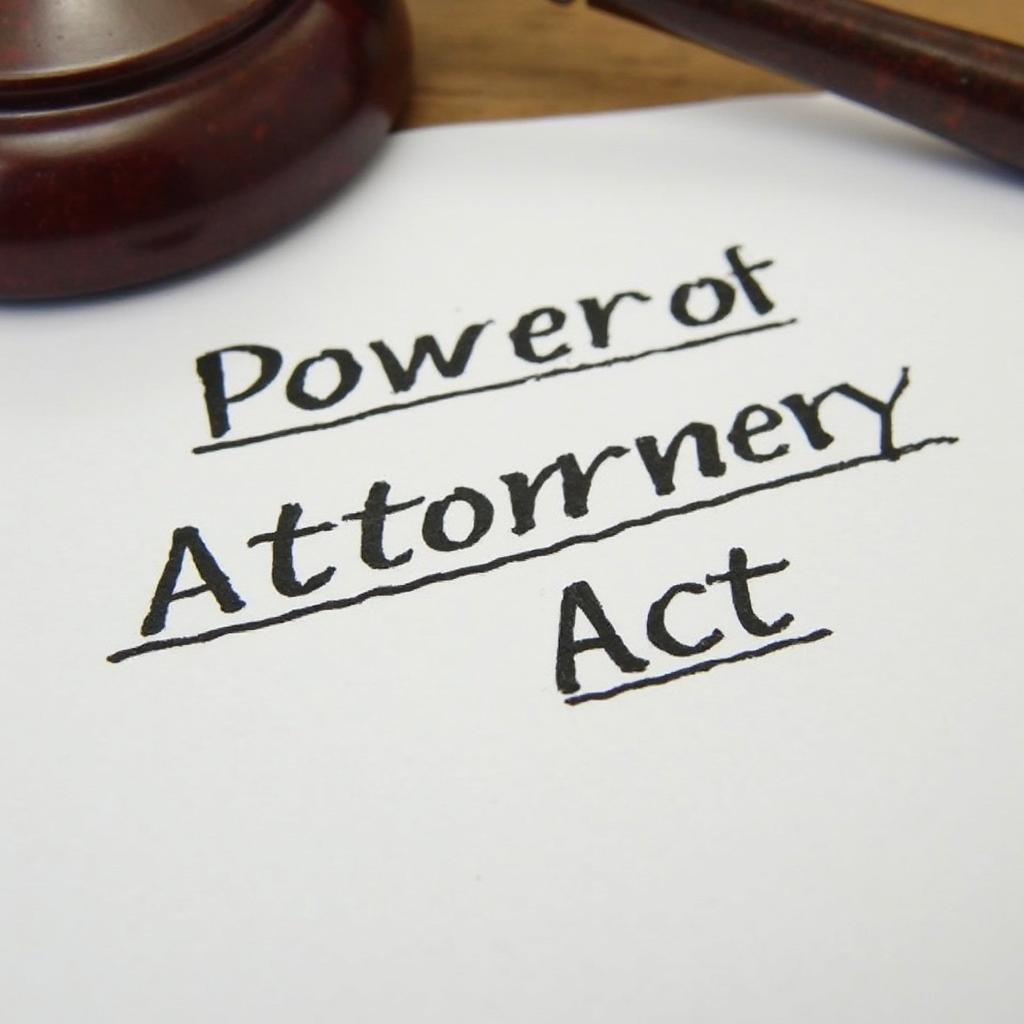
Does Power of Attorney Transfer From State to State?
A power of attorney (POA) is a legal document that authorizes someone to act on your behalf. But does this authority extend across state lines? Understanding the portability of a POA is crucial for anyone considering granting or receiving these powers. This article will delve into the intricacies of POAs and their validity across different states.
Understanding Power of Attorney and State Laws
POAs are governed by state law, meaning each state has its own specific regulations regarding their creation, execution, and acceptance. This is where the question of transferability gets complex. While some states readily accept POAs executed in other jurisdictions, others have specific requirements that must be met. This variation arises from differences in state laws concerning formalities like notarization, witnessing, and the specific powers granted.
Does a Power of Attorney Work in All States?
The short answer is: it depends. Most states recognize and accept POAs created in other states under the principle of “comity.” This principle essentially promotes interstate cooperation and recognizes the validity of legal acts performed in other jurisdictions. However, acceptance is often conditional on the POA meeting the specific requirements of the accepting state. For example, a state might require specific wording or witness requirements that differ from the state where the POA was originally executed.
Key Considerations for Interstate Power of Attorney
Several factors determine whether a POA will be accepted in another state. These include:
- Formalities: Did the creation of the POA adhere to the formalities required by both the originating and accepting state? This includes aspects like notarization, witnessing, and specific wording.
- Types of POA: Different types of POAs, such as durable, non-durable, and springing POAs, have varying implications for interstate acceptance. A durable POA, for instance, remains in effect even if the principal becomes incapacitated, while a non-durable POA terminates upon the principal’s incapacitation. Understanding these distinctions is crucial for ensuring the POA remains valid across state lines.
- Specific Powers Granted: The powers delegated in the POA can impact its acceptance. Some states may not recognize certain powers granted in another jurisdiction.
What if My Power of Attorney Isn’t Accepted?
If a POA is not accepted in a particular state, it might be necessary to create a new POA that complies with the laws of that state. Consulting with an attorney in the accepting state can provide clarity on the specific requirements and ensure the document is valid. Similar to attorney in fact real estate, understanding the specific requirements is crucial. This is particularly important for matters involving real estate transactions, financial decisions, or healthcare decisions across state lines.
Common Questions About Power of Attorney and State Lines
Does a POA automatically transfer to another state? No, a POA does not automatically transfer. While most states recognize out-of-state POAs, they often require the document to meet their specific requirements.
How do I ensure my POA is valid in multiple states? Consulting with an attorney in each state where you anticipate needing the POA is the best way to ensure its validity. This proactive approach can prevent future complications.
What is the Uniform Power of Attorney Act? The Uniform Power of Attorney Act (UPOAA) promotes uniformity in POA laws across states. While not all states have adopted the UPOAA, it provides a helpful framework for creating a POA that is more likely to be accepted in multiple jurisdictions.
 Uniform Power of Attorney Act and Its Impact on Interstate Validity
Uniform Power of Attorney Act and Its Impact on Interstate Validity
Can I use a POA created in one state for real estate transactions in another? Possibly. It depends on the specific requirements of the state where the real estate is located. As with can a power of attorney create an irrevocable trust, the specific powers granted within the POA need careful consideration. Contacting a real estate attorney in the relevant state is highly recommended.
What happens if I move to a new state after granting a POA? The validity of your existing POA likely depends on the laws of both your previous state of residence and your new state. Reviewing the document with an attorney in your new state is essential. It’s much like the situation when asking do i need an attorney to settle a trust, seeking professional advice is paramount.
Who can I contact for help with interstate POA issues? Consulting an estate planning attorney specializing in POAs is highly recommended for navigating the complexities of interstate validity. They can provide tailored advice based on your specific circumstances and the laws of the relevant states. This advice is crucial, similar to understanding attorney client confidentiality after death.
Conclusion
Navigating the interstate validity of a POA can be complex. While the principle of comity encourages acceptance between states, variations in state laws can create hurdles. Understanding the specific requirements of each state is essential. Consulting with a knowledgeable attorney, particularly a what is a trust attorney, can ensure your power of attorney document is valid and enforceable where you need it, providing peace of mind for both the principal and the agent. Don’t leave the validity of your power of attorney to chance; proactive planning and professional advice are crucial.





